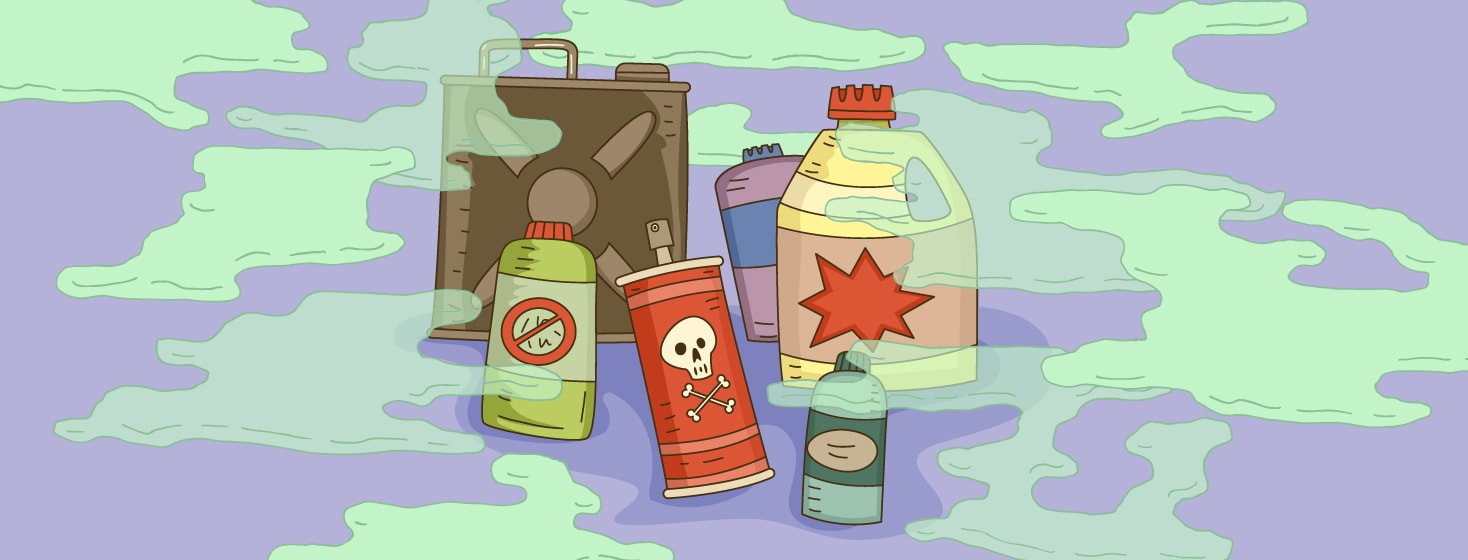Educate Yourself About Toxins to Live a Good Life for as Long as Possible
The news that Johnson & Johnson knew for many years that some of its talcum powder may have been contaminated with asbestos disturbed me deeply.
Some ovarian cancer patients had long suspected and contended this, but their claims were dismissed due to a lack of evidence. But we have recently learned that the company had internally documented similar concerns for years and hid them from the public. It was bad enough that a consumer product contained a carcinogen. But worse yet, was that the company made an effort to hide that information.
Difficulty linking bladder cancer to specific toxins
It seems as consumers in America, we are very much on our own when it comes to figuring out where carcinogenic toxins may lurk.
Bladder cancer is one of the cancers that has been linked to environmental toxins such as agricultural chemicals, industrial use of hair dyes, and arsenic among others. It is often difficult to link a particular instance of cancer to a particular cause because we are exposed to so many different chemicals and environments throughout our lives. And it can take years, or even decades, for cancer to manifest. Compounding the complexity is that cancers can also arise from other sources, such as a genetic predisposition.
What can we do to prevent chemical exposure?
How can patients and potential future patients (all the rest of us) prevent cancer from contaminated products or chemical exposure? Since my first husband had – and eventually died from – bladder cancer, I have become far more interested in toxins in our everyday and home environment.
Can cancer be prevented?
One excellent resource for educating yourself about cancer and environmental toxins is the World Health Organization (WHO). The WHO estimates that 30 to 50 percent of cancers are preventable. The organization goes on to state that “prevention offers the most cost-effective long-term strategy for the control of cancer.”
The WHO cites a number of factors that have been linked to an increased likelihood of cancer including: tobacco use, physical inactivity, dietary factors, obesity, being overweight, alcohol use, infections (certain cancer are attributable to infectious agents), environmental pollution, occupational carcinogens, and radiation.
Prolonged exposure to environmental pollution
I believe Ahmad’s bladder cancer was caused by prolonged exposure to environmental pollution in his youth. A lung biopsy to test a spot on his lungs did not find cancer but it did confirm significant buildup of materials consistent with air pollution. The pulmonary specialist described it to me as one of the worst cases he had ever seen.
It is difficult for us to draw a line from our small daily choices – whether related to what to eat or drink or the air we breathe – to an impact many years in the futures. Just like we don’t give much thought to how actions we took 30 years ago may soon affect our health today.
Small actions can make a difference
But I believe health is incremental. Habits beget similar habits. And it is incremental habits that can keep us living healthier and happier for longer. We will all die one day. And many of us will get sick before that. I do not live with the illusion that a certain diet or avoidance of any chemical will prevent us from ever becoming sick. But I do believe that staying active and eating reasonably well can help us to live without pain or discomfort for a longer period of time. Isn’t the best possible quality of life what we all deserve every day?

Join the conversation